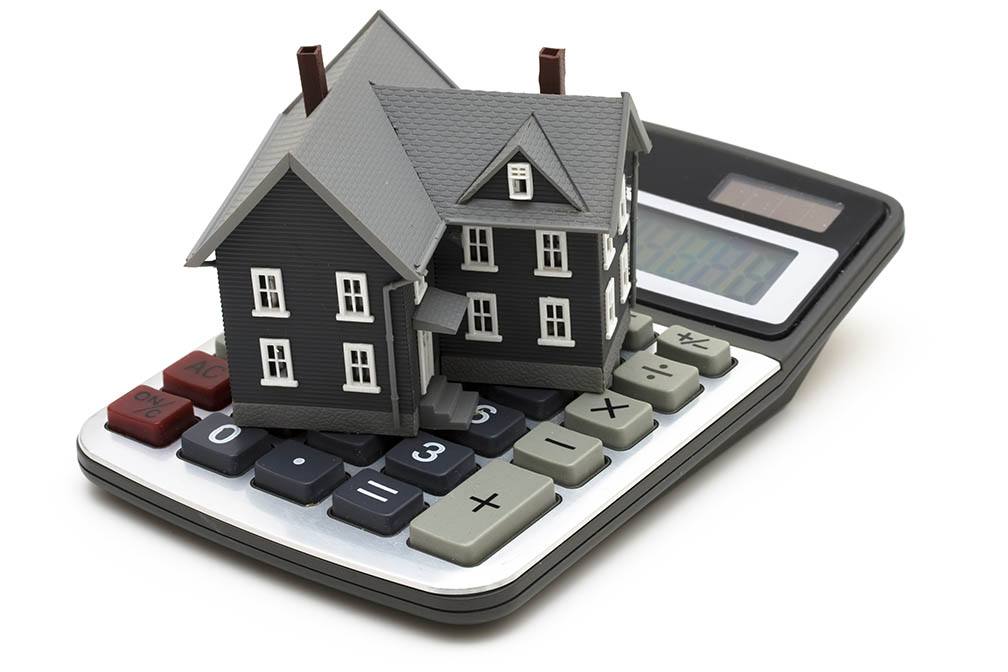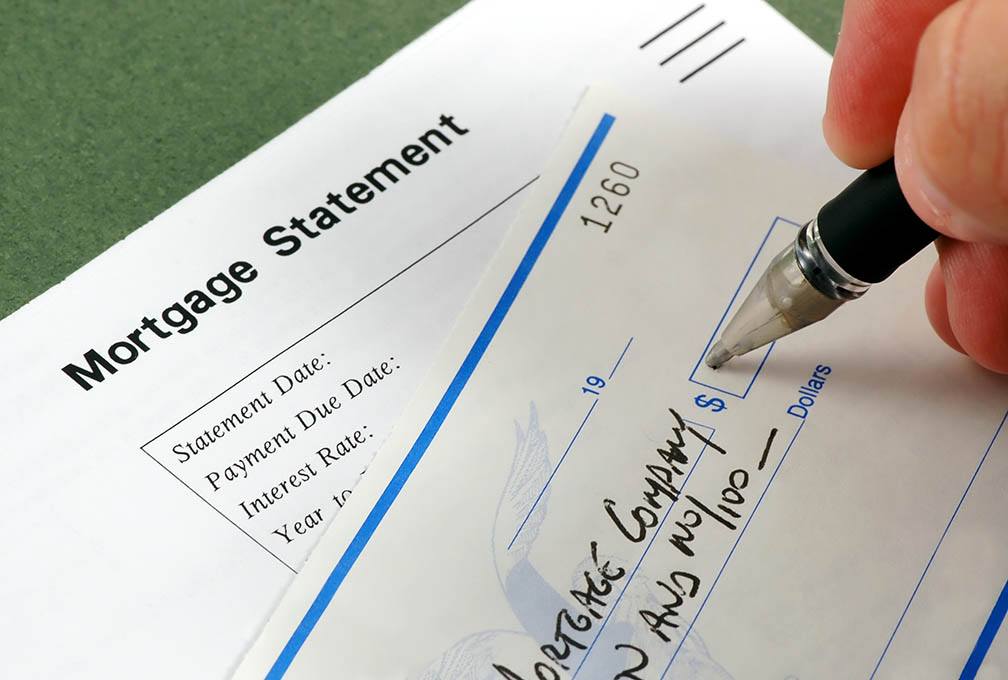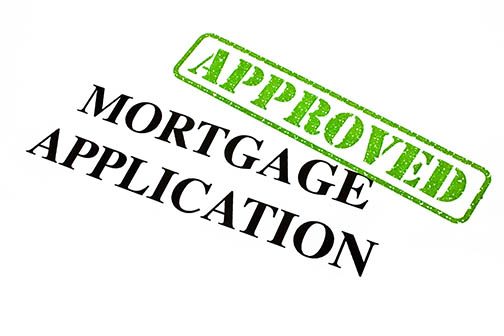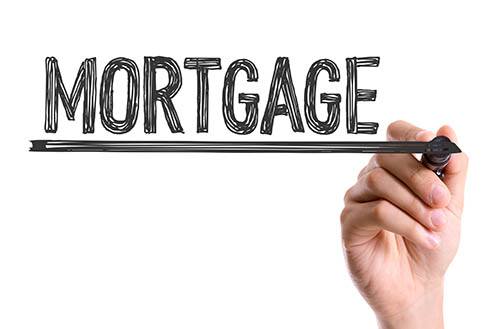 The post-election period is often one of uncertainty, and the time since the 2016 election has been no different with regards to market force and the financial world. With a new administration taking office, there are many questions regarding how Donald Trump’s presidency will impact the market and your mortgage. If you’re wondering what the predictions are for the coming year, here are a few things the experts are considering.
The post-election period is often one of uncertainty, and the time since the 2016 election has been no different with regards to market force and the financial world. With a new administration taking office, there are many questions regarding how Donald Trump’s presidency will impact the market and your mortgage. If you’re wondering what the predictions are for the coming year, here are a few things the experts are considering.
An Increase In Rates
Due to an expected hike in rates by the Federal Reserve, it’s unlikely that potential homebuyers will be able to get the low interest rates of previous years. While higher rates are likely, the proposed tax plan and budget of Donald Trump may lead to increased inflation and could also have an impact on rates down the road. The low rates of previous years certainly made homeownership a more feasible option, but it’s still a good time to get into a home before they rise even more.
Less Red Tape
The money invested into regulations is something that Donald Trump was highly critical of in the run up to the election, and this may mean many opportunities for home ownership that did not exist before. While a poor credit history can make or break a mortgage application, in a time of loosening regulations there will likely be more available mortgage products for those who have a less than stellar financial situation.
Privatizing Loan Programs
There is the possibility that government-sponsored home loan organizations like Freddie Mac and Fannie Mae will come under new ownership. While this may provide an opportunity for potential homeowners, because the risk will be taken on by private owners – and not the government – this may lead to higher rates. As Jordan Levin of the California Association of Realtors says, “I can say with a pretty good level of confidence that it will increase the cost of borrowing because there’s going to be more risk from those pools being borne by the private sector and they’re going to want to be compensated for that additional risk that they’re bearing.”
While the economic policy of the coming years has yet to take shape, the mortgage rates are on the rise and the regulations surrounding home ownership are likely to loosen.
 When it comes to real estate, there are always going to be upswings in the market that will have an impact on your mortgage payment and overall financial health. However, with a fluctuating market here to stay, you may be wondering how you can guard your biggest investment and your finances against rate increases. If you’re concerned about rates on the rise, here are a few tips to test out you’re fiscal well-being.
When it comes to real estate, there are always going to be upswings in the market that will have an impact on your mortgage payment and overall financial health. However, with a fluctuating market here to stay, you may be wondering how you can guard your biggest investment and your finances against rate increases. If you’re concerned about rates on the rise, here are a few tips to test out you’re fiscal well-being. Whether they’re found online or heard from family and friends, there are so many mortgage tips out there that it can be hard to know exactly how to proceed. But, if you’re new to the market, there are a few surefire things you can do to get a mortgage rate you’ll feel good about. For some of the best tips on getting a great loan, look no further than the following.
Whether they’re found online or heard from family and friends, there are so many mortgage tips out there that it can be hard to know exactly how to proceed. But, if you’re new to the market, there are a few surefire things you can do to get a mortgage rate you’ll feel good about. For some of the best tips on getting a great loan, look no further than the following. There is always uncertainty in the market in an election year, but many people are wondering exactly what kind of impact Donald Trump’s election will have on their mortgage and the real estate options available. Whether you are still paying off your home or have been shopping around for the right one, here are some possibilities for the real estate market following the results of the 2016 election.
There is always uncertainty in the market in an election year, but many people are wondering exactly what kind of impact Donald Trump’s election will have on their mortgage and the real estate options available. Whether you are still paying off your home or have been shopping around for the right one, here are some possibilities for the real estate market following the results of the 2016 election. The monthly mortgage payment can be burdensome for many, but it’s possible you’ve thought of trying to pay it down more quickly. Without getting a new job or working overtime, here are some tips you can use on a daily basis to save additional funds and pay off your mortgage at a swifter rate.
The monthly mortgage payment can be burdensome for many, but it’s possible you’ve thought of trying to pay it down more quickly. Without getting a new job or working overtime, here are some tips you can use on a daily basis to save additional funds and pay off your mortgage at a swifter rate. Many people are aware of the financial commitment that is involved when investing in a home, but what that amounts to is different for every person. From what you can afford to what a lender will allow, there are plenty of details involved in determining the right home for you. If you’re not quite sure what the right price is, here’s how to approach home ownership and determine your debt-to-income.
Many people are aware of the financial commitment that is involved when investing in a home, but what that amounts to is different for every person. From what you can afford to what a lender will allow, there are plenty of details involved in determining the right home for you. If you’re not quite sure what the right price is, here’s how to approach home ownership and determine your debt-to-income.